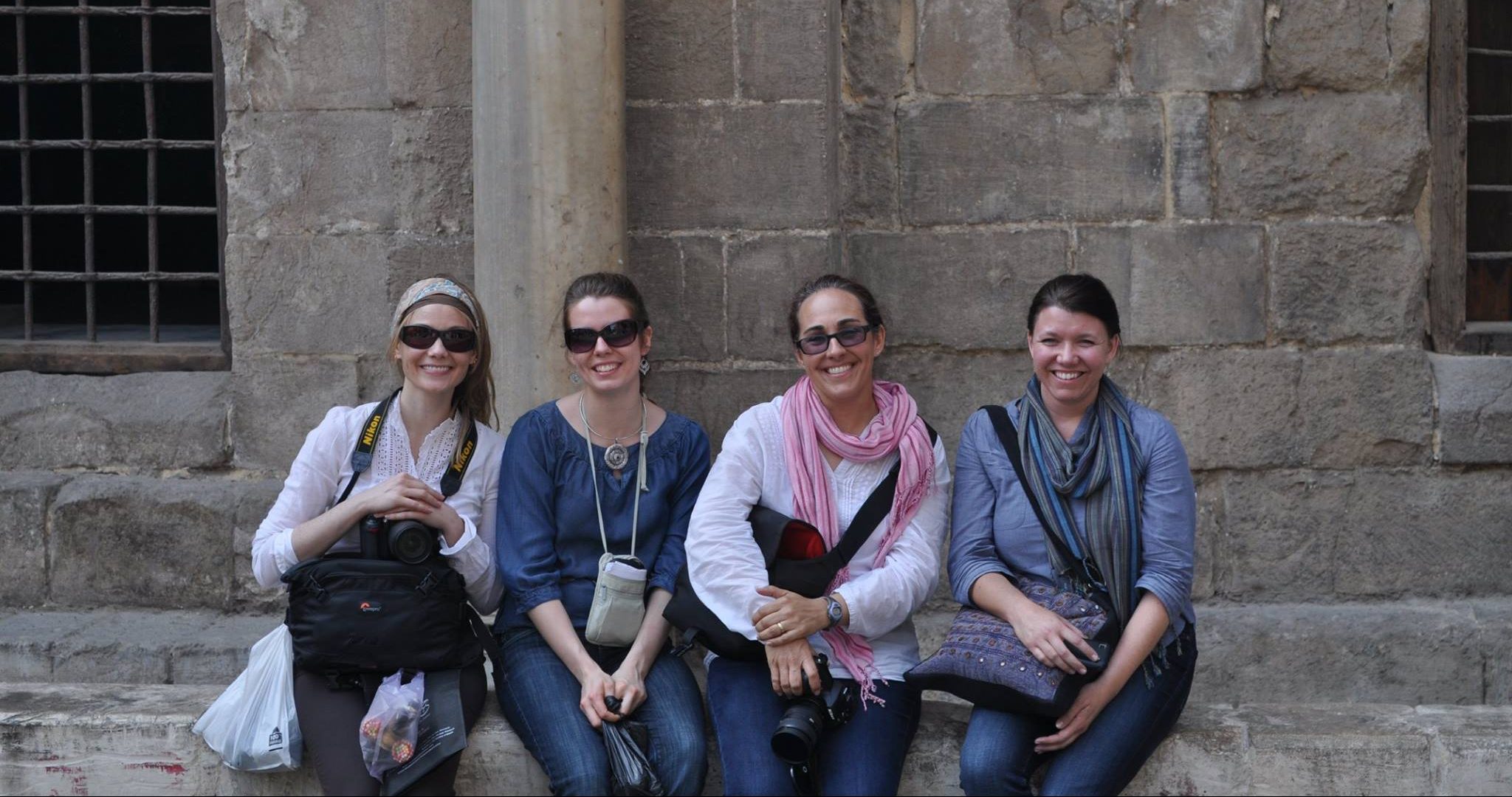Growing up in the suburbs of the USA, I never knew exactly when fruits and vegetables were “in season.” Oh, sure – if the grocery store was offering a huge sale on peaches, then somewhere in the back of my mind I registered that peaches were clearly in huge supply at the moment. But ask me six months later to name “peach season” and I’d be hard pressed to answer. And at any rate, it didn’t really matter. Be it August or February, if I wanted peaches, I could have them. Peaches, lettuce, broccoli, grapes, strawberries, apples – they are all on offer in US grocery stores, all the time.
(Fancy eating cactus fruit? Try teen shuki)
Not so in Egypt, but I’m not crying about it. I count this as one of the perks of living here. By my second year in Egypt I came to know the harvest season of every fruit and vegetable on offer in the souq. Just like you might look for pumpkins to show up in the first week of October at your local grocery store in the USA, I eagerly wait for the return of the brocoli, cabbage, beet, and carrot cart in winter. And in the summer I…but wait. Hold on. Rather than just give away all my hard-won knowledge, I think I’m going to make you work for it.
(My favorite vegetable cart in Midan al-Arab)
Let’s start with a little quiz. Test your knowledge of the harvest season for local produce and win…what? Street cred, that’s what. Are you ready? Let’s do this!
- It’s December. What are you most likely to see for sale in great quantity at your local fruit stand?
- Mangoes
- Cantaloupe
- Grapes
- Strawberries
- Muhammed and Leila want to make their grandmother a delicious salad for a treat on a hot summer’s day. What vegetable will they NOT be likely to find for their salad?
- Tomatoes
- Red onion
- Cucumber
- Lettuce
- Your kids want to earn a little extra money for Christmas. What snack could they sell out of a little donkey cart right in front of your apartment and make a killing?
- Harunkish (ground cherries)
- Watermelon slices
- Teen shuki (barbary fig)
- Roasted sweet potatoes
- It’s a hot summer’s day and the bikya man is working your street. In addition to collecting broken down furniture, he’s got a side gig selling fresh food straight out of his tricycle truck. What is he NOT likely to be selling?
- Spinach
- Green onions
- Pomegranates
- All of the above
- Extra credit (fill in the blank):
- When are guavas at their peak?____________
- In what season will you find pods of fresh fuul medames for sale in carts all around the city? ____________
- When do you buy fresh garlic (and then hang it out to dry on your balcony)? ____________
(Get a roasted sweet potato at any intersection in Cairo)
Well, how’d you do? If you confidently answered “D” for numbers 1-4, you are a “super souq shopper.” As for the extra credit, did you answer “winter” for all three questions? Just another reason why winter is everyone’s favorite season in Egypt.
(My favorite leafy greens guy sells leaf lettuce, head lettuce, arugula, spinach, green onions, celery, cilantro, dill, parsley, and more…but only fall through spring!)
Not quite a super souq shopper? Don’t fret; there’s still plenty of hope for you. Just get out there and explore the souq. Start with the Sad al-Ali and Maadi Metro souqs, and take note of the seasons and prices of the fruits and vegetables on offer. Keep coming, season after season, and you’ll start to notice the return of your old “friends” – grapes, mangoes, watermelon. And with the “hellos” come the inevitable “goodbyes” to oranges, strawberries, spinach, and cauliflower. Bittersweet? Yes. But the price of this local knowledge? Worth it!


